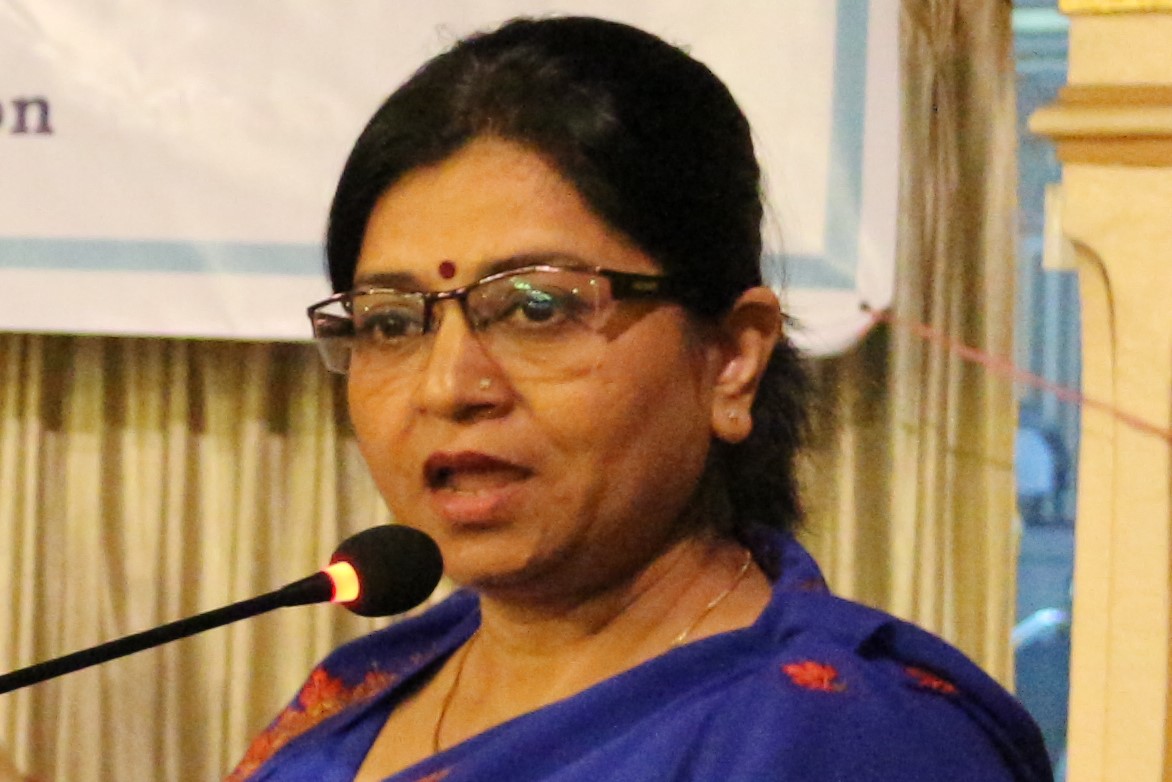By Prof. Sangeeta Thapliyal (17 April 2018) – Perception is an essential component of foreign policy. How a country’s government and people perceive the other has a substantial influence in forming its relations with them. Assessing Prime Minister KP Oli’s visit to India unfolds certain prevailing perceptions in both India and Nepal.
In Nepal the popular perception is that KP Oli is a nationalist who stood up to India during the economic blockade. In fact, this perception was carefully constructed and used during the elections by the Communist Party of Nepal (United Marxist Leninist) (CPN (UML), the party to which Oli belongs. Nepalese had suffered from the earthquake and the blockade by the madhesis further added to their woes. People perceived the madhesi agitators being supported by India. The UML used the sufferings of the Nepalese to its political advantage and played up being victim from the interference of the southern neighbour. It is yet another matter that the Nepali Congress, faction ridden with weak leadership, was not a formidable opposition in the elections.
In India Oli is perceived to be close to China. During his earlier tenure as the Prime Minister of the country, Oli had signed agreements with China ranging from trade to cross border connectivity and infrastructure development, cooperation on energy, tourism, finance, education and culture. Nepal and China have opened Kerung- Rasuwagarhi pass for trade purposes and have also agreed to have railway link from Kerung to Kathmandu, Pokhara and Lumbini. Both the countries have also agreed to open seven new trade routes and custom offices. Nepal is a signatory to China’s BRI. These agreements were signed during the border blockade even though discussions with China on certain projects had started earlier.
Oli’s attempt to use China as a balancer earned him the label of pro-China among the Nepal experts in India. Straight- jacket labels like these make us believe that the leadership in Nepal has shifted its focus from India to China. On the contrary like any other leader Oli is pro his own interests and not pro India or China. In fact, he had blamed India for the dismissal of his government in 2016, and considered Indian support to madhesis as an act of interference in the domestic affairs..
Prime Minister Oli has emphatically stated that Nepal would develop relations with both its neighbours. At this juncture Oli gets support from his people who want to take benefits from the economic growth of China. However till such time the infrastructure connectivity with China is complete Nepal will be dependent on India. It’s a common knowledge that the goods from sea are cheaper than through the land route but there isn’t much thought on the cost benefit of such projects. Nepal’s rail and road projects may have less economic benefits but more geo-strategic and political significance.
By opting India for his maiden visit as the Prime Minister of Nepal, Oli has followed the tradition that is more ceremonial. There was a reaffirmation of the close socio-cultural and political ties with an emphasis on economic development. The visit was not about major breakthroughs but about resolve to work on the existing projects. In an age where infrastructure linkages and connectivity is the buzzword, India and Nepal have already signed projects on rail and road connectivity. Rail link between Jayanagar-Janakpur will be completed by this year and some projects are at the Detailed Project Report stage. The present agreement on the rail link from Raxaul to Kathmandu is one more agreement within the existing idea of connectivity. With the drive towards connectivity both the countries also agreed to explore waterways for trans-shipment of goods.
There is a perceptible change in India and Nepal on infrastructure links. India wants to develop rail and road links with Nepal whereas the latter wants to develop with both India and China. Nepal is trying to redefine its role as a transit country, which could get benefits from the movement of goods between its two neighbours. In fact Nepal wants to remodel its role and act as a link between India and China.
China does not share socio-cultural links with Nepal nor does it have easier terrain for mobility but in the common man’s perception China does no harm and it delivers. Nepalese consider China as an alternative to lessen dependence on India. India will not find it easy to deter Nepal from developing infrastructural links with China. Firstly, China is more aggressive and powerful. It was a variable in India’s relations with Nepal and it would continue to exist with active involvement through trade and economic links. Secondly, the younger generation in Nepal is not much enamored by the close socio-cultural relations with India. They look for economic development irrespective of the source. Indian perception towards Nepal hasn’t changed. It still perceives Nepal from the same old prism of strategic interests. Whereas Indian leverages in Nepal do not work as effectively as earlier such as the border blockade.
Prof. Sangeeta Thapliyal is a Professor in the Centre for Inner Asian Studies, School of International Studies, JNU, New Delhi, India.


